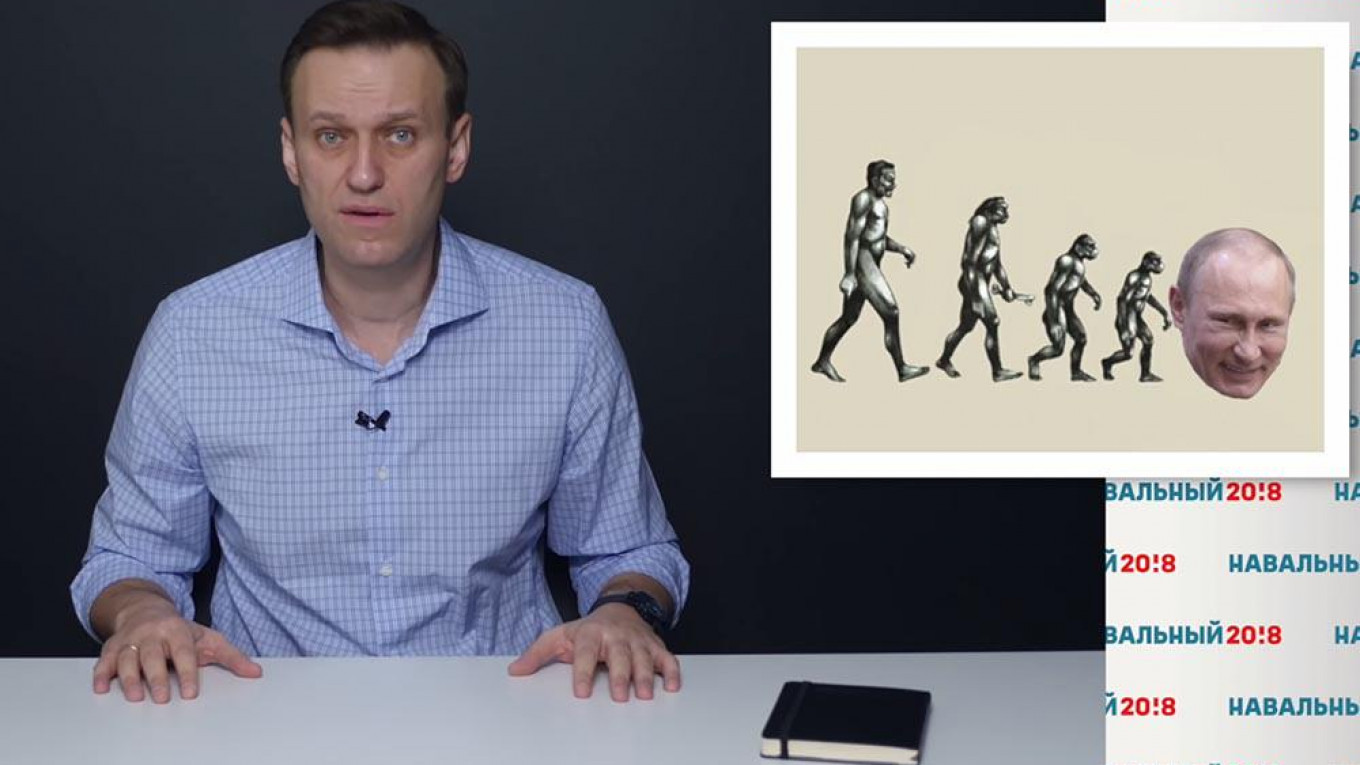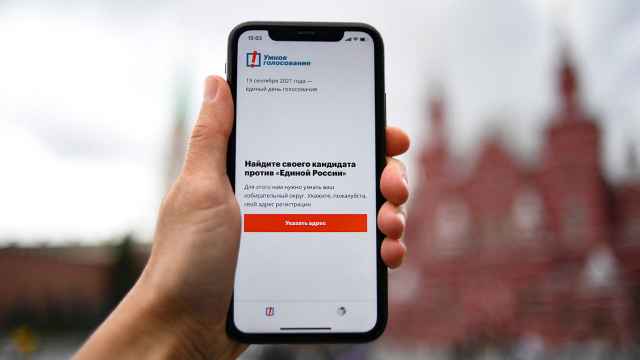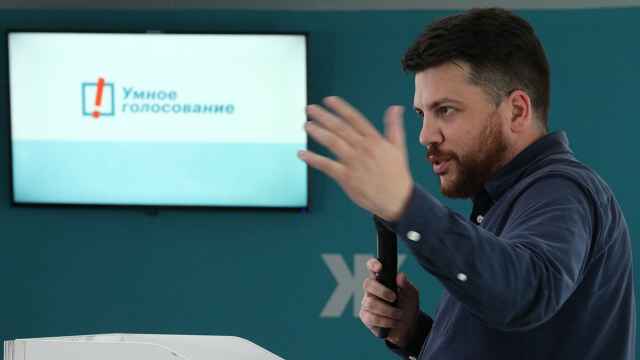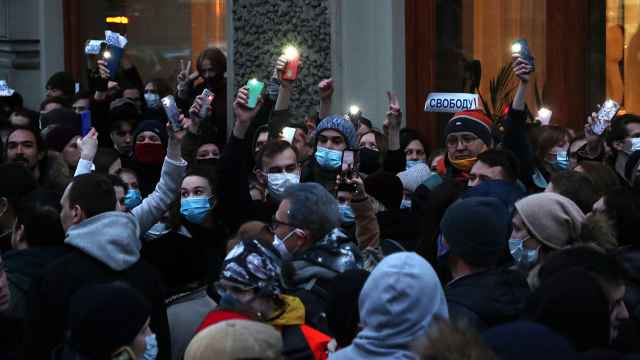YouTube has briefly restricted access to a leading Russian independent media outlet’s account and warned others for linking to the website of jailed Kremlin critic Alexei Navalny’s anti-Kremlin voting project.
Navalny and his allies plan to use his “Smart Voting” strategy — which was first deployed in 2018 after authorities barred him and nearly all of his allies from the ballot — to unseat pro-Kremlin ruling party incumbents in this fall’s key parliamentary elections. A Moscow court blocked the “Smart Voting” website that year after ruling that it processes users’ personal data without consent.
The independent Novaya Gazeta newspaper said Thursday that YouTube suspended it from uploading videos and streaming live following a user’s complaint about the “Smart Voting” link.
The independent video news website Sota.Vision also reported that YouTube warned it of similar measures and deleted the “Smart Voting” link to its 2019 livestream.
Opposition politician and local Moscow assemblyman Ilya Yashin said he received a similar warning and accused YouTube’s parent company Google of becoming a “branch of Russia’s state censor.”
All three said later Thursday that YouTube apologized and withdrew its claims.
“Sometimes we make mistakes,” Novaya quoted YouTube’s message as saying.
The mix-up comes amid increasing pressure on foreign tech giants and social media platforms as Russia attempts to establish tighter controls on the internet within its borders.
Russia has levied multimillion-ruble fines against social media platforms like TikTok, Twitter and Facebook over content promoting this January's pro-Navalny protests and alleged refusals to take down posts containing banned content.
Last month, Russia’s anti-monopoly watchdog launched a probe against YouTube for what it called abuse of its market dominance and bias toward comment moderation. Lawmakers previously passed a law allowing the authorities to block platforms like YouTube if they are found to have censored Russian-made content.
President Vladimir Putin has accused tech giants of competing with states because of their growing influence.
A Message from The Moscow Times:
Dear readers,
We are facing unprecedented challenges. Russia's Prosecutor General's Office has designated The Moscow Times as an "undesirable" organization, criminalizing our work and putting our staff at risk of prosecution. This follows our earlier unjust labeling as a "foreign agent."
These actions are direct attempts to silence independent journalism in Russia. The authorities claim our work "discredits the decisions of the Russian leadership." We see things differently: we strive to provide accurate, unbiased reporting on Russia.
We, the journalists of The Moscow Times, refuse to be silenced. But to continue our work, we need your help.
Your support, no matter how small, makes a world of difference. If you can, please support us monthly starting from just $2. It's quick to set up, and every contribution makes a significant impact.
By supporting The Moscow Times, you're defending open, independent journalism in the face of repression. Thank you for standing with us.
Remind me later.






